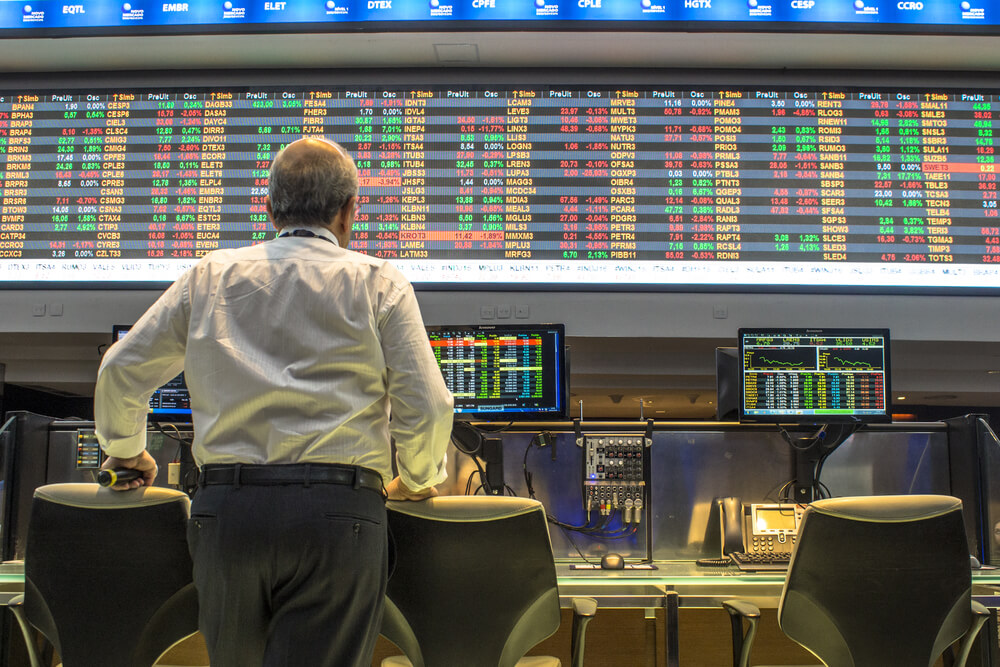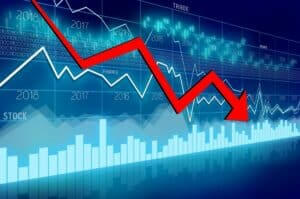Quick Look
- The Forex, or FX, is the global market for currency exchange. It is the world’s largest and most liquid financial market, with trillions of dollars transacted daily.
- Unlike other financial markets, the Forex market operates without a centralised location or government oversight, relying on an electronic network of participants.
The Forex, short for foreign exchange market, emerges as the central arena where currencies find their value against one another. This dynamic marketplace, accessible globally, facilitates the exchange of one nation’s currency for another’s, embodying the essence of global trade and economic interconnectivity. With its unparalleled scale, the Forex market overshadows other financial markets regarding liquidity and daily trading volume, showcasing a vibrant environment where trillions of dollars exchange hands daily.
Operating without a centralised geographic location, the Forex market thrives as a decentralised network, extending beyond the confines of traditional financial markets. Its participants range from international banks and financial institutions to individual traders, all engaged in the electronic dance of currency exchange through brokerages and banks. This structure ensures that the Forex market remains agile and accessible, fostering an environment where currencies respond instantaneously to global events and economic indicators.
Forex 101: Daily Rates, Currency Pairs & Trading
At its core, the Forex market is pivotal in determining the daily exchange rates for the world’s currencies. Whether it’s a traveller seeking to exchange dollars for euros or a company gauging the cost of imported goods, the Forex rate directly influences these transactions. The fluctuation in currency values, driven by economic events and market sentiment, allows traders to speculate on future movements, aiming to profit from these changes.
Currency pairs lie at the heart of Forex trading, representing the exchange rate between two currencies, the USD/CAD or EUR/USD. These pairs fluctuate based on the relative value of the currencies, offering a spectrum of opportunities for traders to engage in the market. The trading of currencies in lots—micro, mini, and standard—facilitates transactions of varying sizes, catering to the diverse needs of the market’s participants.
In April 2019, the daily trading volume in the foreign exchange markets reached an astounding $6.6 trillion, as the Bank for International Settlements reported. This figure underscores the immense scale and activity within the Forex market, highlighting its significance as a global financial hub. Major trading centres like London, New York, and Tokyo serve as the epicentres of this financial activity, contributing to the market’s round-the-clock vibrancy.
Forex Trading: 24/5 Access and Electronic Platforms
The Forex market’s operation 24 hours a day, five days a week, sets it apart from traditional financial markets. This around-the-clock accessibility enables traders worldwide to exchange currency, regardless of geographic location. Initially dominated by governments and large financial institutions, online trading platforms have democratised access to the Forex market, allowing individual traders to participate easily.
Unlike visiting a foreign exchange kiosk, trading in the Forex market is entirely electronic, with no physical money exchange. Traders speculate on the movement of currencies, aiming to profit from fluctuations in value. This speculative nature, combined with the leverage offered by many platforms, adds a layer of risk and potential for high returns, making the Forex market a compelling and challenging arena for traders.
Forex vs. Others: Liquidity, Access, No Fees
The Forex market stands out from other financial markets, thanks to several key differences. Firstly, it operates with fewer regulatory constraints. Moreover, the absence of centralised oversight means the Forex market presents a more flexible trading environment. Another significant advantage is the elimination of traditional exchange fees or commissions. Consequently, traders have the freedom to trade at any time, day or night. Additionally, the market’s high liquidity is a crucial feature. This liquidity allows traders to easily enter and exit positions. Furthermore, they are not limited by the size of their transactions, making the Forex market exceptionally accessible and attractive to traders worldwide.
The Forex market represents the pinnacle of currency exchange, embodying the fluidity and dynamism of the global economy. Its vast scale, coupled with the diversity of its participants, makes it a crucial component of the world’s financial system. Whether for hedging, speculation, or mere currency exchange, the Forex market offers a unique and indispensable platform for engaging with the world’s currencies.











